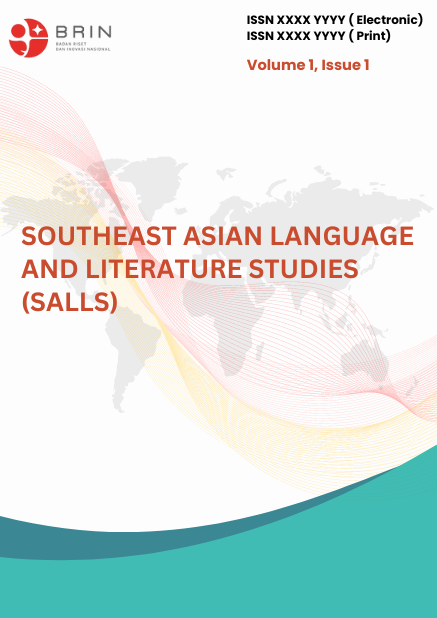Tripot Supporting Halal Tourism in the Sustainability of Religious Tourism on the North Coast (Case Study: Demak Regency)
Main Article Content
Abstract
Halal tourism or halal tourism is an icon trend in the development of tourism in Indonesia. This aims to increase community participation and sustainability so that halal tourist destinations become stronger. Tourist destinations can be seen through tripots-based attractions (three integrated potentials). Tripots maximizes tourism by combining three types of tourism potential in one destination point that contains natural, religious, and cultural attractions. The purpose of this study is 1) to determine the governance model of halal tourism development based on religious tourism tripot on the north coast of Demak Regency and 2) to determine the sustainability of religious tourism destinations on the North Coast in Demak Regency. The method used in this study is phenomenological qualitative descriptive with data obtained through interviews with tourism activists, community groups, community leaders, tourism managers, community organizations, and local governments. The results of this study show that the management of religious tourism on the North Coast of Demak Regency began structuring based on the tripots of religion, customs, and nature. The sustainability of religious tourism in coastal communities of Java upholds the values of religious moderation so as to create halal tourism in the context of religious tourism.
Article Details

This work is licensed under a Creative Commons Attribution-ShareAlike 4.0 International License.
